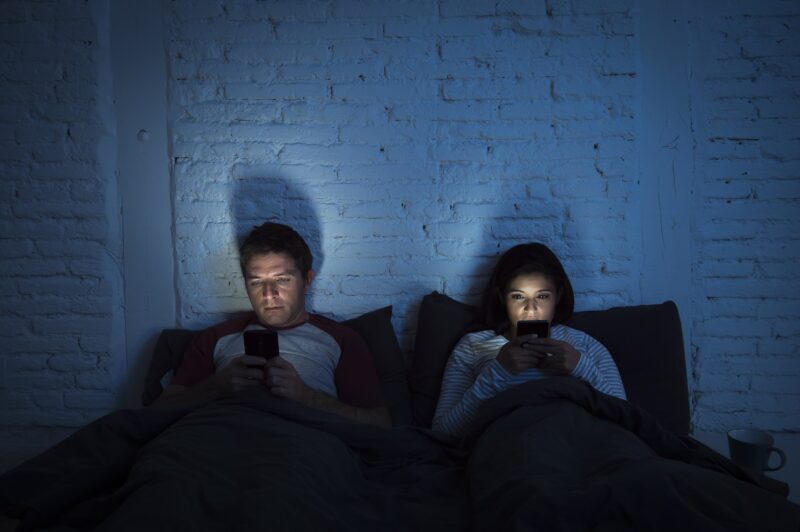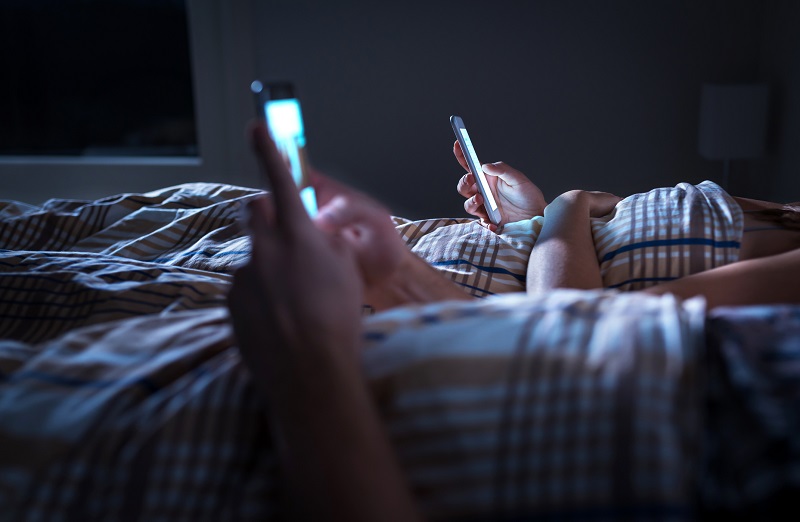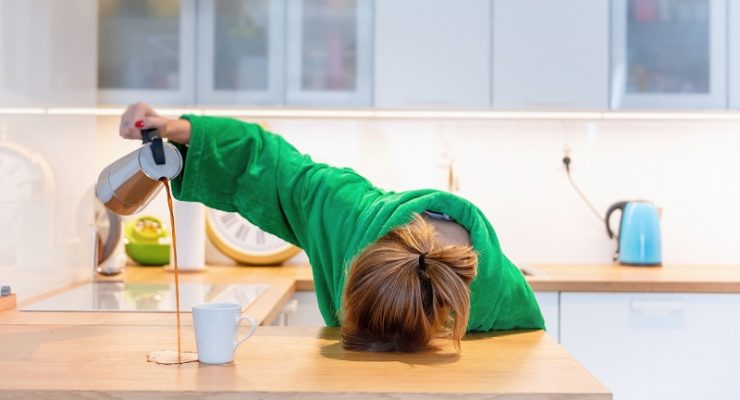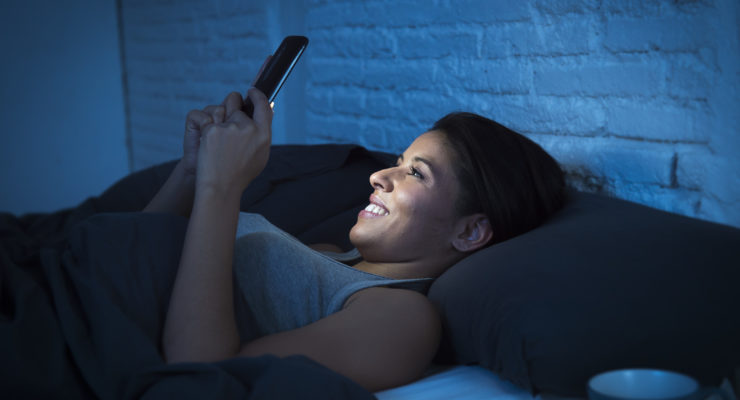
It’s that time of the night when your eyes are glazing over, you’re yawning uncontrollably and your favorite TV show has started to lose its appeal. You’re exhausted and it’s clear that your body is desperate for a little shut-eye. You crawl under the sheets and close your eyes, just to find yourself waiting for sleep that never comes.
Whether you have difficulty falling asleep or you wake up throughout the night, you could be suffering from insomnia. According to the American Sleep Association, there are two types of insomnia. Primary, formally known as idiopathic insomnia, refers to an inability to fall asleep that is not caused by a medical condition, psychiatric issue or medication. Secondary insomnia is a consequence of a medical condition, such as chronic obstructive pulmonary disease (COPD) or chronic pain.
No matter what type of dozing dilemma you find yourself facing, you need help fast. According to Healthline, research shows that people who do not get enough sleep have an increased risk for chronic disease, reduced coordination, lack of concentration and minor or life-threatening accidents.
Before sleep deprivation starts to hinder your health and ability to function, it’s crucial that you identify what is keeping you up at night.
Here are five reasons why you can’t fall asleep at night and what to do about it:
1. You Don’t Stick to a Schedule

The hormone melatonin is released in the body as a response to a decrease in light says Harvard Health Publishing. Melatonin plays a huge role in the circadian rhythm, which is essentially your internal body clock. During the day when it is bright outside, melatonin is suppressed. As dusk falls, your body begins to release this hormone to help you wind down for sleep.
To keep this process running efficiently, try to follow a consistent sleep schedule as recommended by Healthline. Even on the weekends, strive to wake up at the same time every day. Your body will eventually adjust to the routine, helping you fall asleep more easily at night.
2. You Don’t Power Down

If your nightly routine includes cuddling up to your laptop, phone or tablet, you might want to find another snuggle buddy. These close-range electronics can emit blue light. According Harvard Health Publishing, multiple studies have shown that exposure to blue light can suppress melatonin and impact the circadian rhythm.
To prevent blue light from keeping you up, it is suggested to set an electronics curfew two to three hours before you intend to sleep. Try to leave your tablets and laptops out of the bedroom. If you sleep with your phone nearby, tuck it in your nightstand drawer or just beyond arm’s reach so that you aren’t tempted to surf the web before snoozing. You may also want to consider replacing your nightly social media scroll with a relaxing pre-sleep activity like reading or meditating.
3. You Eat or Drink Too Late

The National Sleep Foundation suggests that if you want to sleep well, you should pay close attention to when you’re eating and drinking. Eating a large meal too close to bedtime can affect your circadian rhythm and hinder your ability to fall asleep. Try to eat your last meal a few hours before hitting the sack and keep it light.
Caffeine is also a known stimulant that can keep you awake, so be mindful of how much you consume throughout the day says Healthline. If you struggle to fall asleep, you may need to cut back on the quantity or avoid drinking it too close to bedtime. Don’t forget that caffeine is in more than just coffee. Chocolate, teas and even medications can be sneaky sources of caffeine.
Nutrisystem offers a variety of programs that can help you create an ideal eating schedule and healthy habits. Get started with a weight loss plan today!
4. You Exercise Too Close to Bedtime

Exercise at the right time of day can be more effective for good sleep than counting sheep. However, the National Sleep Association states that cramming in a sweat session too close to bedtime can actually hinder your sleep quality. It has been shown to increase your heart rate and body temperature, ultimately keeping you from drifting off to dreamland.
People who exercise in the morning typically tend to fall asleep faster than those who exercise later. However, this can vary between individuals. It’s recommended to try different workout schedules to find what works best for you. Hate morning exercise? Check out these tips to become a morning exerciser.
5. You Put Too Much Pressure on Falling Asleep

If it’s been about 10 to 20 minutes and you’re still not falling into a slumber, don’t stress. The American Sleep Association suggests that you get out of bed until you are sleepy.
Try heading to another calm space in your home and do something relaxing, such as reading or listening to calm music. Staying in bed any longer can lead to frustration or anxiety. By getting out of bed and doing something relaxing, you may find it easier to sleep and can prevent negative associations between your bedroom and the frustrating inability to fall asleep.










